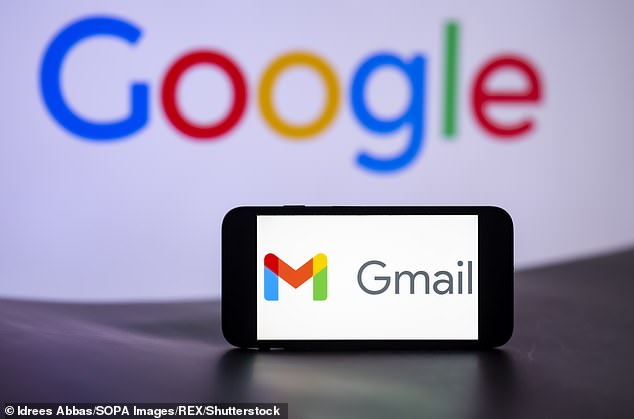
Urgent Alert: Sophisticated Cyberthreat Targets 1.8B Gmail Users, Compromising Personal Data
Google Warns 1.8 Billion Gmail Users of Sophisticated Phishing Attack
Google has issued an urgent warning after confirming a highly sophisticated phishing campaign targeting 1.8 billion Gmail users. The scam, first reported by Ethereum developer Nick Johnson, exploits a vulnerability in Google’s infrastructure to trick users into surrendering login credentials.

How the Scam Works
Johnson shared details of the attack on X, revealing he received a fraudulent email appearing to come from a legitimate Google address. The message claimed he was served a subpoena requiring access to his account. The email passed DKIM security checks (which verify email authenticity) and appeared in his inbox without warnings, even blending into existing threads with real Google alerts.
The phishing link directed users to a fake Google support portal hosted on sites.google.com—a subtle red flag, as legitimate pages typically use accounts.google.com. Clicking “Upload documents” or “View case” led to convincing replicas of Google login pages designed to steal credentials.
Google’s Response
Google confirmed the threat and stated it has “rolled out protections to shut down this avenue for abuse.” The company urged users to enable two-factor authentication (2FA) and adopt passkeys—a secure login method replacing passwords with device-specific codes that can’t be phished.
“Google will never ask for your password, one-time codes, or personal information via email,” a spokesperson emphasized.

Why Passkeys Matter
Passkeys provide stronger security by generating unique, unguessable codes tied to a user’s device. Even if hackers obtain your password, they can’t access your account without the physical device storing the passkey. Google recommends this method to thwart phishing attempts.
Spotting Phishing Attempts
Phishing emails often:
- Use generic greetings (e.g., “Dear User”).
- Claim urgent action is required (e.g., “Account suspension”).
- Include suspicious links or requests for login details.
While Google does notify users of legal requests via email, it warns that legitimate messages will never ask for passwords or sensitive data. Users should manually navigate to Google’s official site instead of clicking email links.

Stay Protected
- Enable passkeys and 2FA: These add critical layers of security.
- Verify URLs: Check for misspellings or unusual domains (e.g., sites.google.com vs. accounts.google.com).
- Avoid sharing credentials: Google will never ask for passwords via email.
Google’s updated guidance stresses vigilance, as phishing tactics grow increasingly advanced. By adopting secure practices, users can safeguard their accounts against evolving threats.
For more details, visit Google’s official Security Tips.


